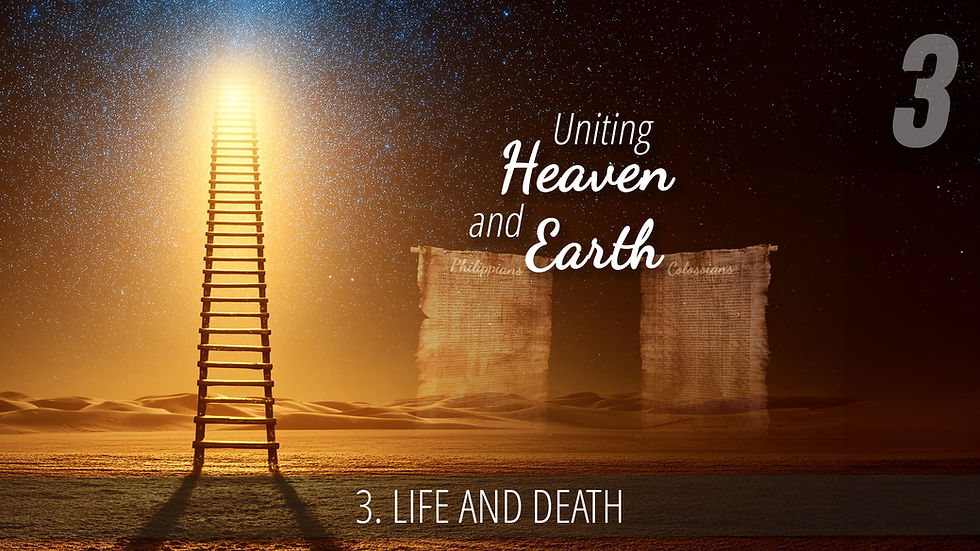5 - Passover | Exodus
- Aug 28, 2025
- 1 min read
God knows no force – an inner process in the human mind whereby one attempts to do the impossible, which is only possible through self-deception. Force means mental imprisonment and ultimately leads to illness because one tries to mold others according to one's own will.
Although Pharaoh cannot compel them, the Israelites nevertheless follow his commands. Why? Because of their self-deception, they are spiritually dependent on Pharaoh and act out of fear. If they were aware of their identity as children of God, they would only do what is in God's will. They could say yes or no regardless of the consequences, and Pharaoh would be powerless.
Governments can threaten or physically punish, but they can never exert real spiritual coercion. The decisive factor is on whom a person depends. And the ten plagues are meant to teach both the Egyptians and the children of Israel that they depend solely on God. For it is very difficult to convince someone who believes he is God of his dependence on the Creator. Often, it is not possible to recognize oneself and God without suffering and pain.
We look at the tenth plague (Exodus 11:6–8) and why the firstborn had to die – also in connection with Christ as the firstborn of God. The Passover in Exodus 12 symbolizes the final liberation at the end of time. In addition, in the fifth part of our series “Exodus,” we look at how Passover was celebrated at that time and what the Feast of Unleavened Bread means.


